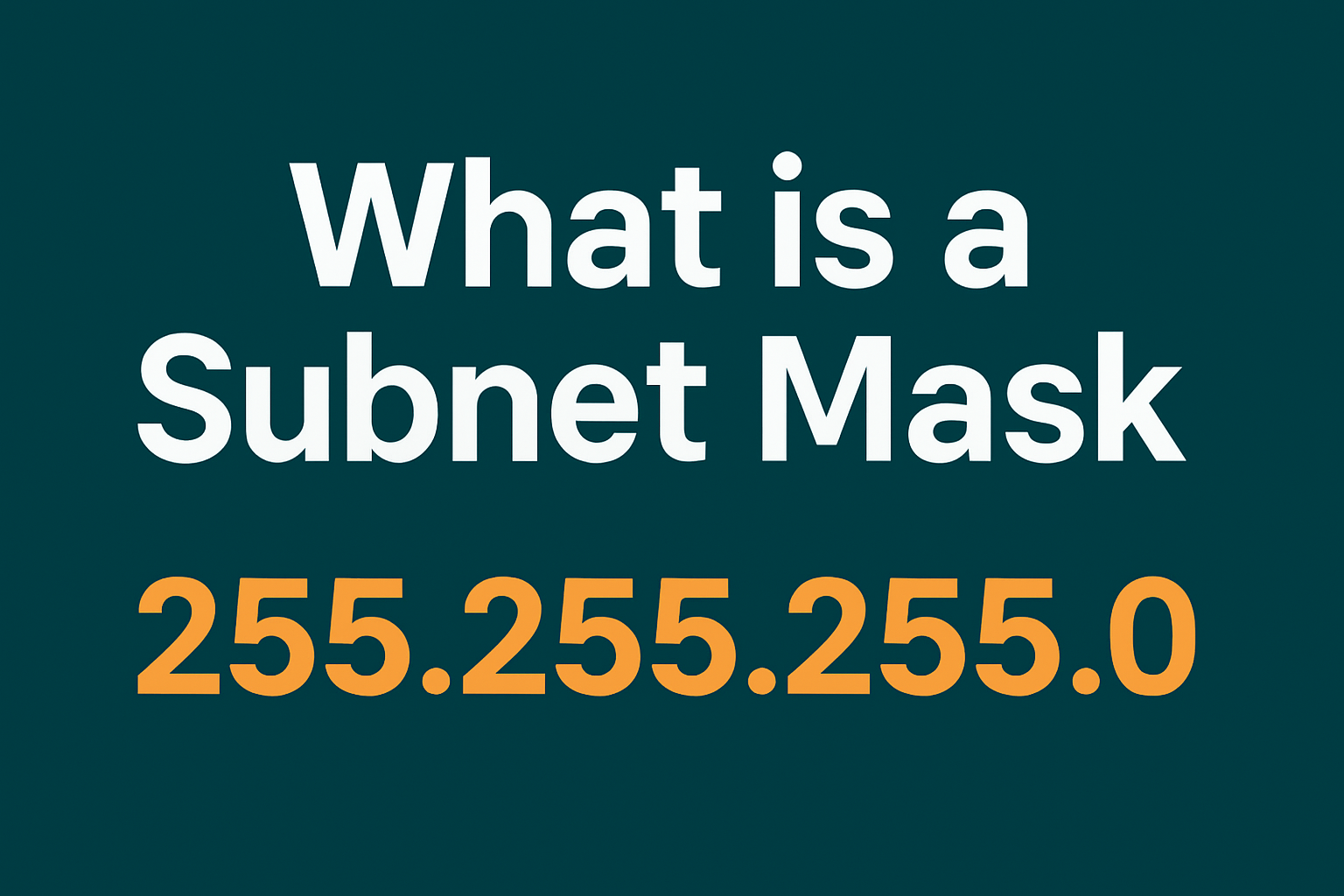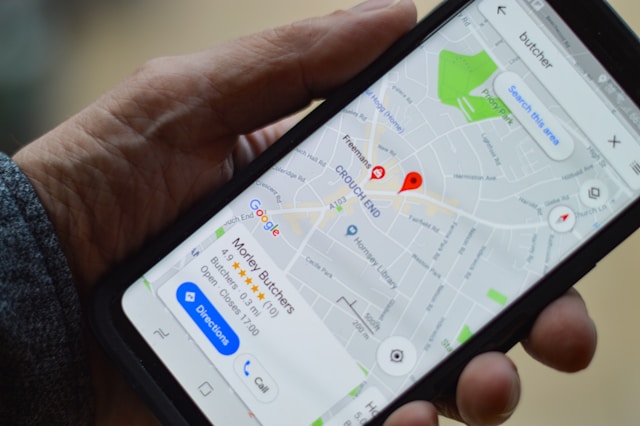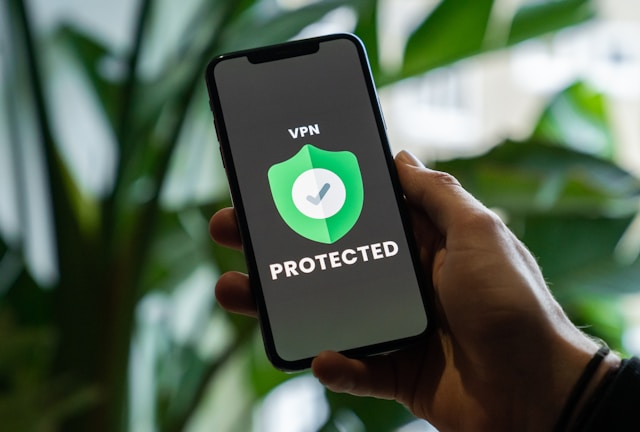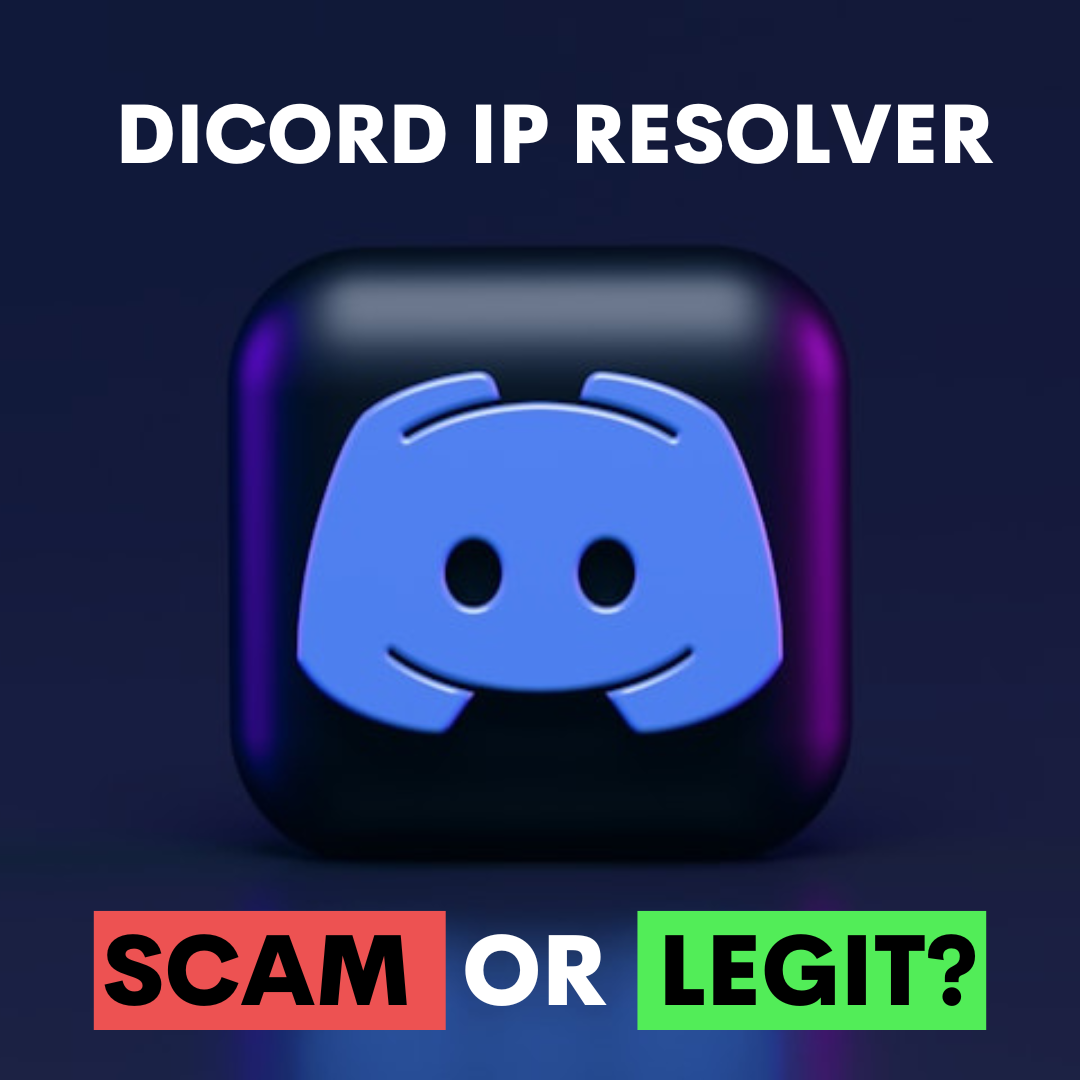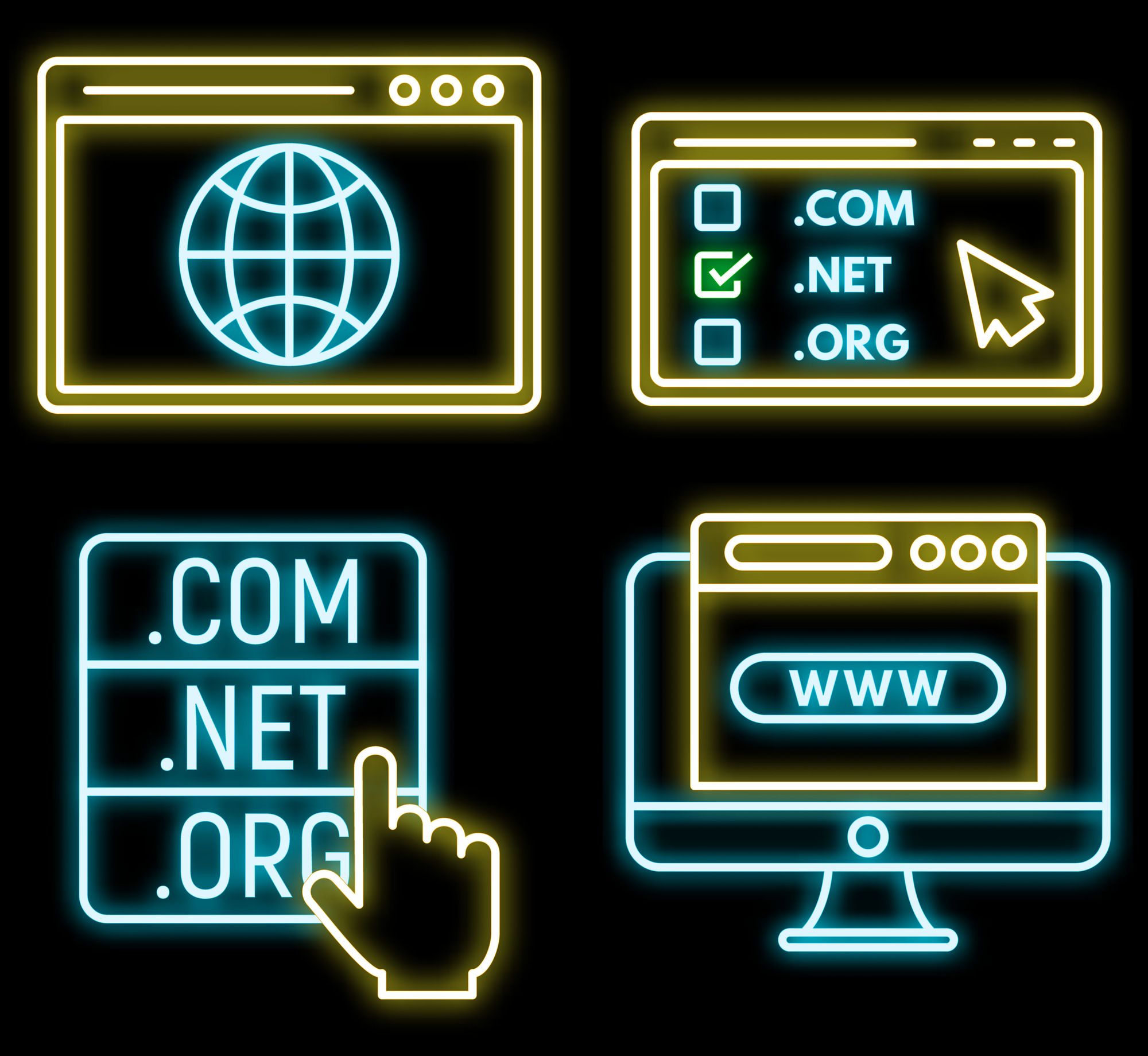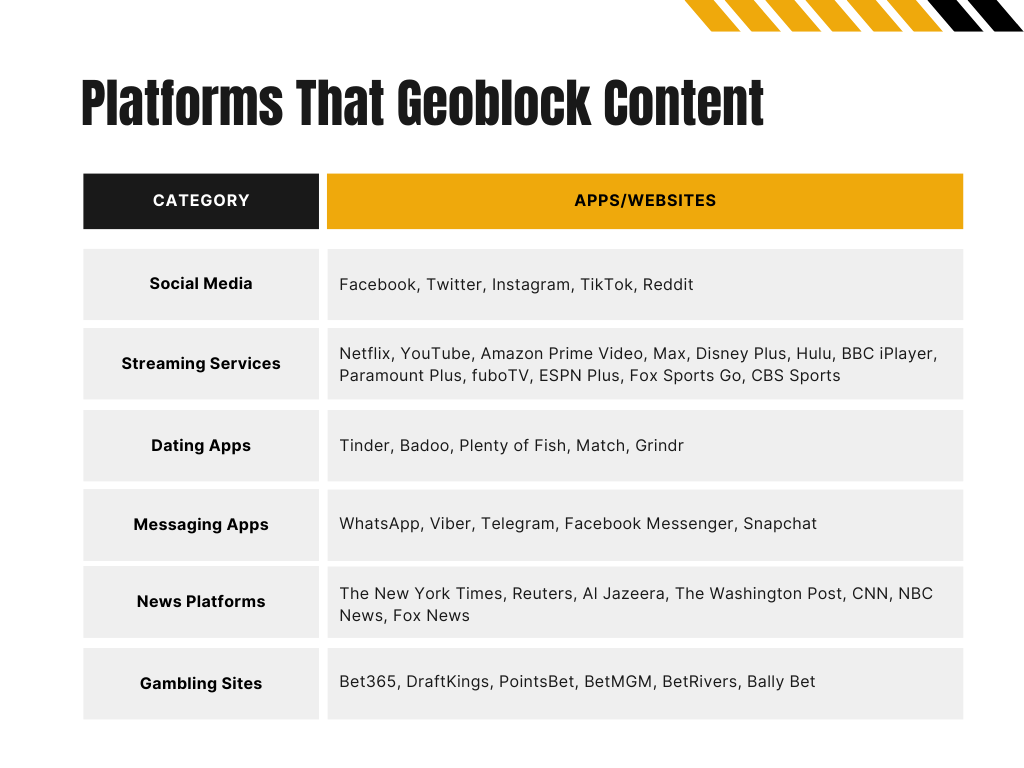Are you looking for a proxy provider that ticks all of your boxes? Then, we’ll share the noteworthy factors that you should pay attention to for the best results. Additionally, we’ll explain the various proxy types so you can choose one that matches your requirements.
After all, you don’t want to choose a proxy that doesn’t provide the type of connection you can trust. Some proxies are slower than others, which means they aren’t suitable for all use cases. Also, the proxy price is another factor you must consider. There are a combination of free proxies or premium ones that offer the best protection.
Keep reading to learn more about the proxy service providers out there!
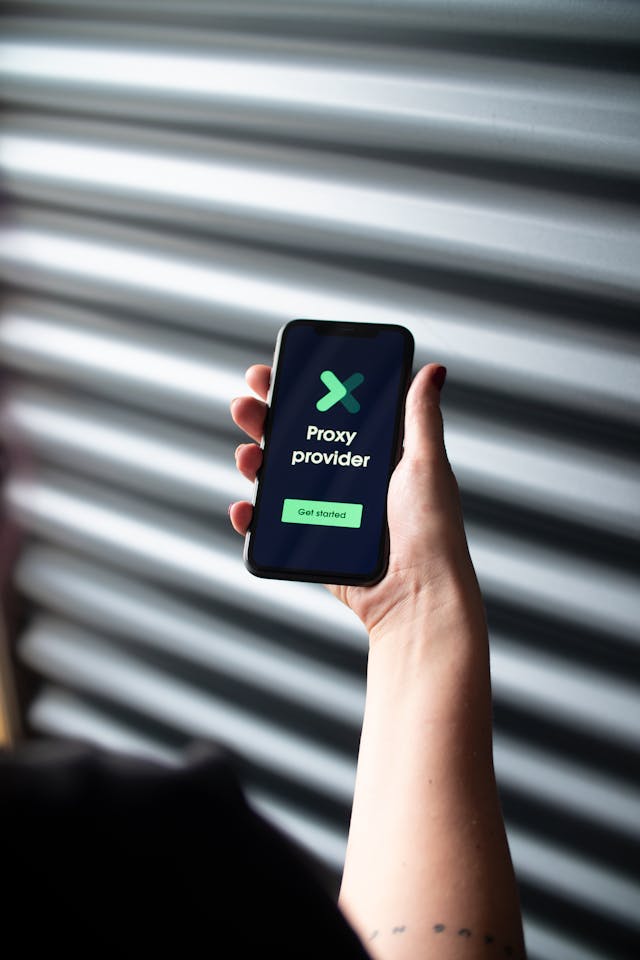
Table of Contents
Proxy Providers: What Are They?
Proxy providers offer services that supply proxy servers, which act as intermediaries between a user’s device and the Internet. These proxies mask the user’s real IP address. This enables anonymous browsing, accessing geo-restricted content, or managing multiple accounts.
Furthermore, proxies can be categorized into different types like data centers, residential, and mobile proxies. Each one serves specific use cases, from web scraping to improving security and privacy.
Additionally, by routing internet traffic through these proxy servers, businesses and individuals can enhance privacy. They can also bypass content filters, and avoid bandwidth throttling. Proxy providers typically offer various subscription plans based on usage needs.
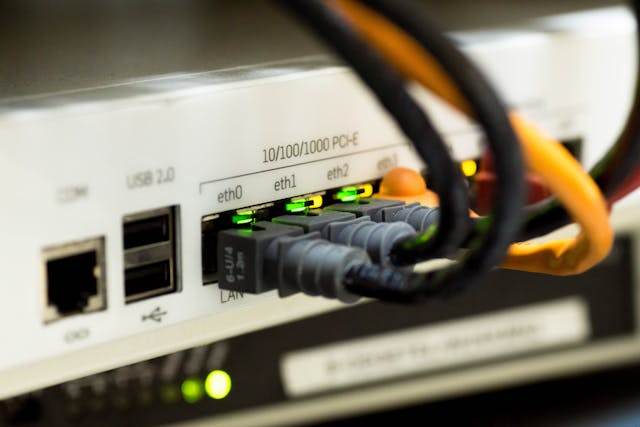
How To Become a Proxy Provider
There are a few steps that you must complete if you want to become a proxy provider. In this section, we’ll reveal what they are if you want to offer proxy networks of your own. Here are the required steps for your consideration:
- Acquire or lease IP addresses: Secure a pool of IP addresses, either through leasing or buying from legitimate sources. These can be residential, data center, or mobile IPs, depending on the type of proxies you wish to offer. The cost of this varies, so you’ll need to pick a strategy to save money.
- Set up proxy servers: Install proxy server software on physical or virtual machines. This software routes traffic through your IP addresses, thereby ensuring anonymity for users.
- Establish legal compliance: Make sure that all IP addresses are legally obtained and that your business complies with data privacy regulations and regional laws. This is vital to avoid legal issues with your proxy list.
- Create a website/platform: Develop a user-friendly website to allow customers to buy and manage proxy services. This includes features like usage dashboards, payment gateways, and customer support options.
- Implement security measures: Make sure that your infrastructure is secure to protect user data and prevent proxy abuse. You’ll also want to implement features like SSL encryption and DDoS protection.
- Offer subscription plans: Develop pricing models and subscription packages based on IP type, bandwidth, and usage limits.
- Market your service: Use SEO, social media, partnerships, and online advertising to attract clients. You can also target businesses that need web scraping, geo-unblocking, or anonymity services.

5 Different Types of Proxies
Now, let’s focus on the various proxy types you can potentially get from a service. This will help you make up your mind about the right type of proxy for your use case. We’ll give an overview of each one to give you a basic understanding.
1. Data Center Proxies
Data center proxies are not affiliated with any internet service provider (ISP) and come from a third-party data center. They offer fast speeds and are relatively inexpensive. This makes them popular for tasks like web scraping, accessing geo-blocked websites, and handling high-volume requests.
However, because they are easier to detect, websites can block them if used too often. Hence, data center proxies are ideal for tasks where anonymity is less critical and cost efficiency is key.
2. Residential Proxies
Residential proxies use IP addresses provided by ISPs to real homeowners. This makes them appear as legitimate users on the internet. Additionally, because they are tied to real locations, they are harder to detect and block compared to data center proxies.
You’ll find these proxies are commonly used for tasks that require high anonymity. For instance, web scraping, social media management, or bypassing geo-restrictions. Also, they are more expensive but provide better reliability.
This is particularly true for accessing websites that have strict anti-bot mechanisms. That’s because their legitimate appearance and connection to real-world devices make them highly trusted.
3. Mobile Proxies
Mobile proxies route traffic through IP addresses assigned by mobile carriers. These are usually linked to 4G or 5G networks. The proxies are ideal for tasks that require high anonymity and flexibility. That’s because mobile IP addresses frequently change. It makes them more difficult to detect or block.
Mobile proxies are commonly used for ad verification, social media automation, and managing multiple accounts, particularly for mobile apps. They are typically more expensive than residential proxies but very effective at bypassing strict detection systems due to their rotating nature and association with legitimate mobile devices.
4. Anonymous Proxies
Anonymous or elite proxies provide a high level of anonymity by hiding the user’s IP address. However, more crucially, they also hide the fact that you are using a proxy. Therefore, websites cannot detect that the traffic is coming from a proxy server. This means these are proxies ideal for tasks where privacy and stealth are important.
You can use them in activities such as secure web browsing, private communications, and accessing content in countries with heavy censorship. While more costly, they offer enhanced privacy and are especially useful when evading tracking by websites. It’s an alternative option that’s worth keeping in mind.
5. Public Proxies
Public proxies are free and openly available for anyone to use. These proxies are usually provided by individuals or organizations and can be found online. However, they come with significant risks. For example, slow speeds, low reliability, and security vulnerabilities.
Furthermore, public proxies are often used by casual users who need temporary access to geo-restricted content. They are also a good match for anonymous browsing but are not recommended for sensitive tasks.
That’s because multiple users share these proxies, so they are more likely to be blocked or flagged by websites. Security is also a concern, as some public proxies may log user data or expose personal information.

How To Choose the Right Proxy Provider
Now let’s turn our attention to the process of selecting the right proxy provider. We’ll cover the important points so that you can select a service that best matches your requirements.
Here are the noteworthy things to consider:
- Type of proxy needed: Choose a provider based on the type of proxy that fits your needs. This might be data center proxies for speed and affordability or residential proxies for reliability. Alternatively, you can go with mobile proxies for high anonymity. Each type offers different advantages, so understanding your use case is important before making a final choice.
- Speed and reliability: A good proxy provider offers high-speed connections and reliable uptime. Also, consider how the provider handles bandwidth limitations, server performance, and failover options to avoid disruptions during tasks. This ensures that the provider offers fast response times. It’s particularly true if you’re working on real-time applications.
- Geographic coverage: For tasks involving geo-restriction bypassing, make sure that the provider offers proxies from multiple locations worldwide. This geographic diversity allows access to content or services in specific regions. For example, streaming sites or localized market research.
- Customer support: A reliable proxy provider should offer excellent customer support to resolve technical issues or answer questions quickly. Therefore, check whether they provide 24/7 support, live chat, or ticketing systems. You can test the customer support for yourself before investing in the service.
- Pricing and plans: Compare the provider’s pricing structure with your budget and usage needs. Some offer flexible pay-as-you-go plans, while others have fixed monthly subscriptions. Additionally, consider factors like bandwidth limits, the number of IPs, and types of proxies included in the plan. Ideally, balance affordability with the features and quality of service you require. Also, look for a 7-day free trial to test the proxy free of charge.

Proxy Browsers: A Short Overview
Proxy browsers are specialized web browsers configured to connect through proxy servers. This allows users to mask their IP addresses for anonymous browsing. Also, these browsers route traffic through a proxy, thereby enabling access to geo-restricted content. This increases privacy and adds security.
Popular proxy browsers include Tor, which uses a network of encrypted relays for anonymity, and Opera, with a built-in VPN for free browsing. Proxy browsers serve various needs, from accessing censored websites to hiding user activity, preventing tracking by websites, and supporting tasks like market research or bypassing content restrictions.
Some proxy browsers automatically rotate IP addresses, enhancing anonymity, while others allow users to select specific IPs or regions. However, proxy browsers can slow down connection speeds, which is especially true when using free services.
In comparison, paid proxy browsers often provide better speed and support. You need to keep this in mind when comparing paid and free proxies.
Top 3 Proxy Servers To Consider
Now, let’s look at three different proxy server providers you can try today to start your journey. With so many services out there, it can be hard to find the right one. But don’t worry; here are three with high ratings among customers:
- Bright Data: Bright Data (formerly Luminati) is one of the most comprehensive proxy services out there. They offer residential, data center, and mobile proxies with over 72 million IPs worldwide. It’s ideal for businesses needing large-scale web scraping, ad verification, or market research. Also, Bright Data provides flexible pricing plans and advanced proxy management tools. This includes session control and customizable IP rotation. Although more expensive than competitors, its speed, reliability, and vast IP pool make it a top choice.
- Smartproxy: Smartproxy offers reliable residential and data center proxies with over 40 million IP addresses in various locations. It’s a popular choice for web scraping, managing multiple social media accounts, and bypassing geo-restrictions. Additionally, Smartproxy provides rotating and sticky IP sessions. Hence, it’s flexible for different use cases. It’s also user-friendly, thereby offering easy-to-use dashboards and 24/7 support. Finally, Smartproxy’s competitive pricing, reliable performance, and wide geographic coverage make it an excellent option for both small and large-scale projects.
- Oxylabs: Oxylabs is a premium proxy service specializing in residential and data center proxies. It has over 100 million IPs across 195 locations. Also, it’s widely used for large-scale data gathering, ad verification, and market research. This means there’s a lot on offer for a variety of customers. It’s also known for its high-quality proxies and strong customer support.
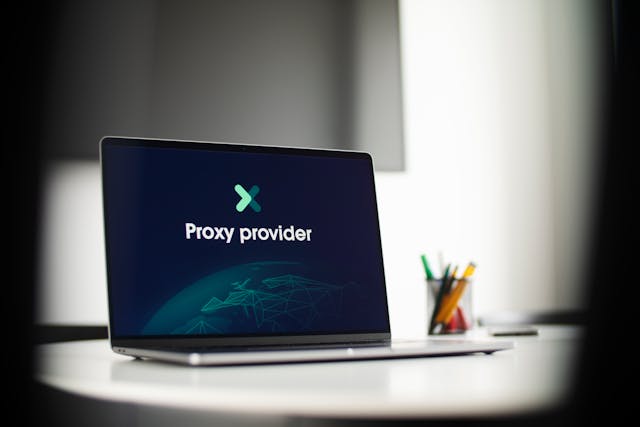
Are Proxies Worth Using?
You should consider using a proxy if you need to hide your activity for legitimate reasons. Perhaps you want extra privacy or access to a geo-restricted website while traveling. There are a number of legitimate reasons to take advantage of proxy server providers.
However, when you pick a proxy provider, make sure to take into account the important factors. This includes pricing, reliability, customer support, and user interface. These are the factors that will dictate the type of experience you can expect.
Are you worried that your customers are using proxies, thereby making it hard to execute geolocation marketing? Then, use geoPlugin to gather IP addresses, which you can convert into actionable geolocation data. However, if your users are masking connections via proxies, no API can uncover their IP address.
So what are you waiting for? Give GeoPlugin a try today for the best results.

Frequently Asked Questions
Now, let’s turn our attention to the FAQ about proxy providers to provide more depth on the topic. This will help you figure out the more important points before investing in a proxy service that offers reliable performance.
What are the types of proxies offered by providers?
Proxy providers typically offer several types of proxies, including data center proxies, which are fast and cost-effective but easier to detect. Then, there are residential proxies, which are linked to real devices for higher anonymity and reliability. And there are mobile proxies for using mobile networks for exceptional privacy and location-based tasks.
Providers may also offer rotating proxies that change IP addresses frequently for increased anonymity. With so many options, it’s important to find a proxy service that matches your preferences.
How does a proxy server work?
A proxy server intercepts requests from a user’s device and forwards them to the internet on the user’s behalf. That’s because the website or service sees the proxy server’s IP address instead of the user’s real one.
When the proxy receives the response from the website, it sends it back to the user. This process helps mask the user’s identity and can bypass geographic restrictions or content filters.
What is the difference between a VPN and a proxy?
A VPN encrypts all internet traffic and routes it through a secure server. This provides high-level privacy and security across all online activities. In contrast, a proxy only masks the IP address for specific applications or browsers without encryption.
Therefore, VPNs are ideal for secure browsing and data protection. In comparison, proxies are more suited for bypassing geo-blocks or performing less sensitive tasks like web scraping.
Are proxy servers legal?
Proxy servers are legal in most countries, as they are widely used for legitimate purposes. These include improving security, privacy, or accessing geo-restricted content.
However, using proxies for illegal activities is not allowed. This might be hacking, copyright infringement, or circumventing regulations in countries where proxies are restricted.
Why are proxy servers used for web scraping?
Proxy servers are essential for web scraping as they allow users to send multiple requests without being blocked by target websites. By rotating IP addresses, proxies prevent detection by websites that limit or block scraping activities from a single IP.
This ensures smooth and uninterrupted data collection from various sources. This is true even from websites with strict anti-scraping mechanisms.

